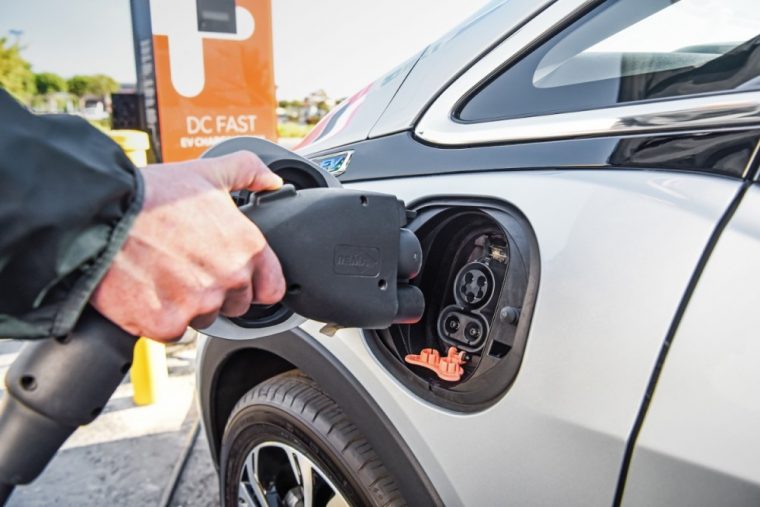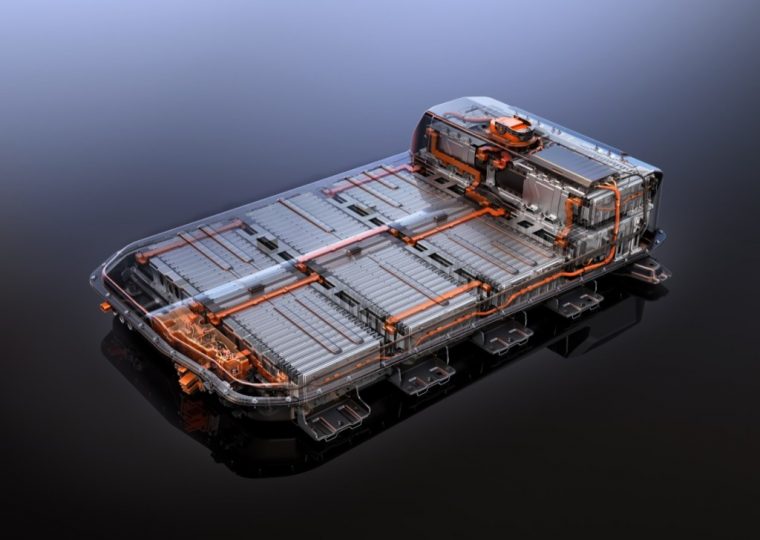3 Common Myths About EVs
Electric vehicle adoption continues to increase on a global level. And 2019 has brought many new clean-air initiatives, from LA’s aggressive new goals to Germany’s trend of using home batteries to power houses and EVs.
Like with any new trend, this one comes with its own mix of fact and fiction. Here are three common myths about EVs that are either unfounded or unproven.
Spring Cleaning: Prep your vehicle for warm-weather driving
Myth #1: You need to replace an EV battery after 10 years.
Analysts must gather more data before they can totally debunk this myth. However, the notion that an EV battery lasts an average of 10 years is generally unfounded. EVs from brands like GM retain their battery power better than other electric models, according to Green Car Reports. That’s because the batteries use a liquid cooling rather than an air cooling system.
Myth #2: The demand for cobalt and lithium will continue to increase, so battery costs will increase
Per Green Car Reports, lithium-ion battery costs have dropped an average of 7 percent a year. This efficiency improvement rate is significantly faster than that of combustion engines. So, battery costs should continue to decrease in the future.
To be fair, cobalt and a few other battery metals have limited resources. However, researchers are finding ways to reduce the use of these materials. Additionally, some major manufacturers of lithium batteries have set target dates for eliminating cobalt from their batteries.
As for lithium, this resource is prevalent on five continents, making it too abundant to experience the sales restrictions or shortages associated with oil, according to Green Car Reports.
Myth #3: Mining battery materials is just as damaging to the environment as drilling oil
As efficient as EV batteries are in reducing emissions, many of these batteries are manufactured by CO2-producing factories. The industry is gradually moving toward cleaner production methods for making lithium batteries.
However, some claim that the mining of battery materials increases CO2 emissions just as much as drilling oil to use in conventional gas engines. Per Green Car Reports, EVs reuse lithium and other minerals countless times. Consumers can then recycle the batteries by using them for energy storage in buildings. By contrast, vehicles use petroleum once for transportation, then humans need to replace it (in the form of visiting a gas station).
Silverado Shopping: Discover what’s new about the 2019 Silverado
News Source: Green Car Reports

The News Wheel is a digital auto magazine providing readers with a fresh perspective on the latest car news. We’re located in the heart of America (Dayton, Ohio) and our goal is to deliver an entertaining and informative perspective on what’s trending in the automotive world. See more articles from The News Wheel.




